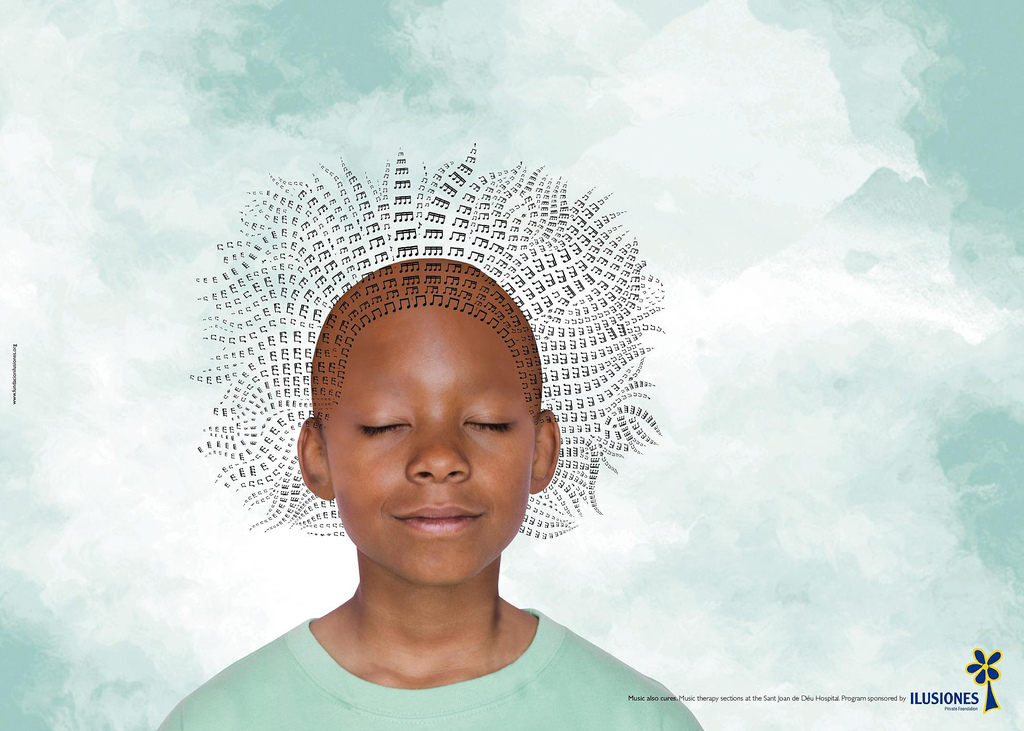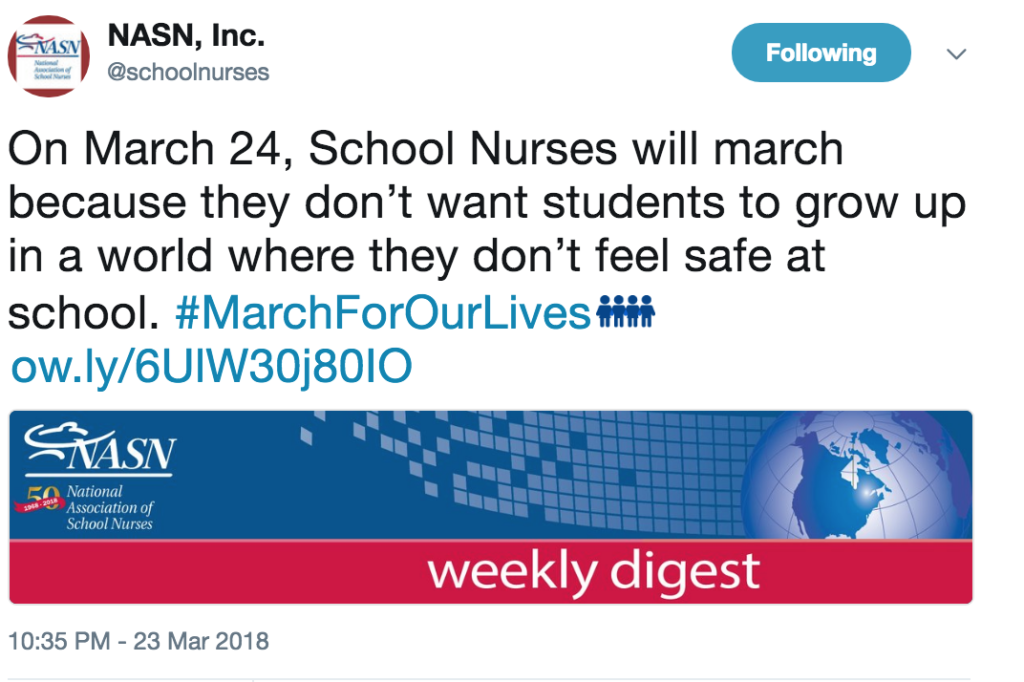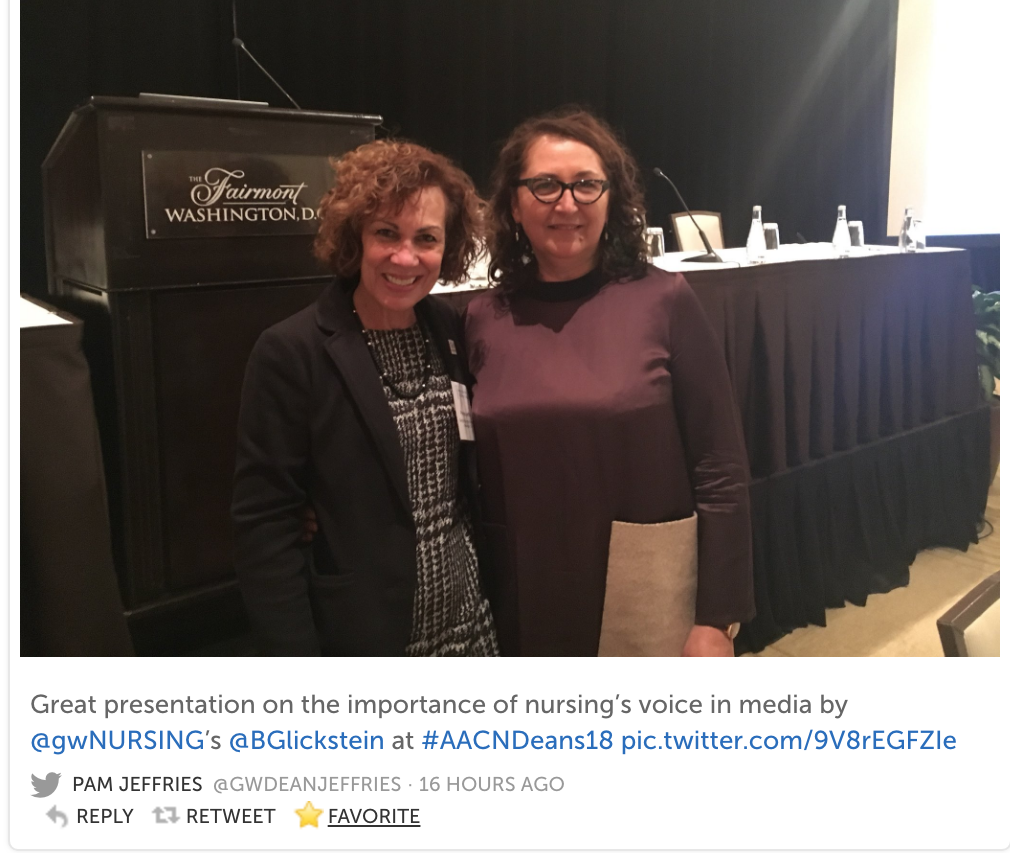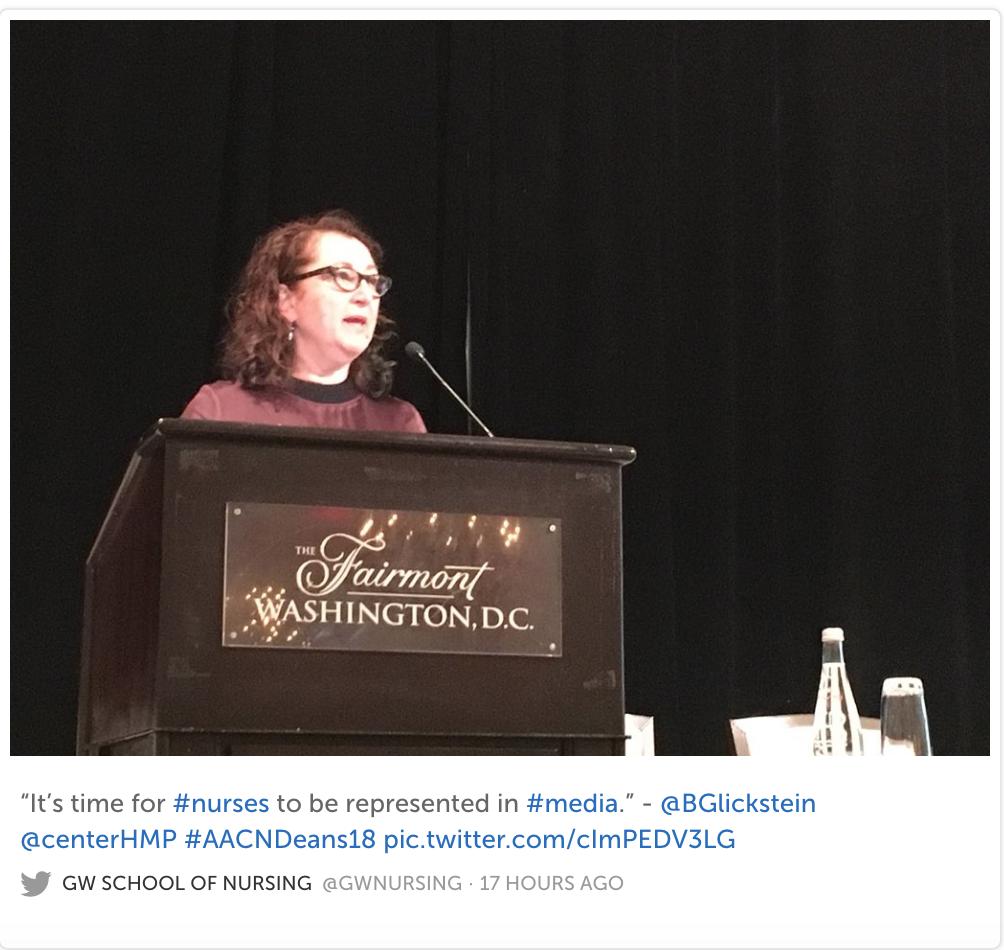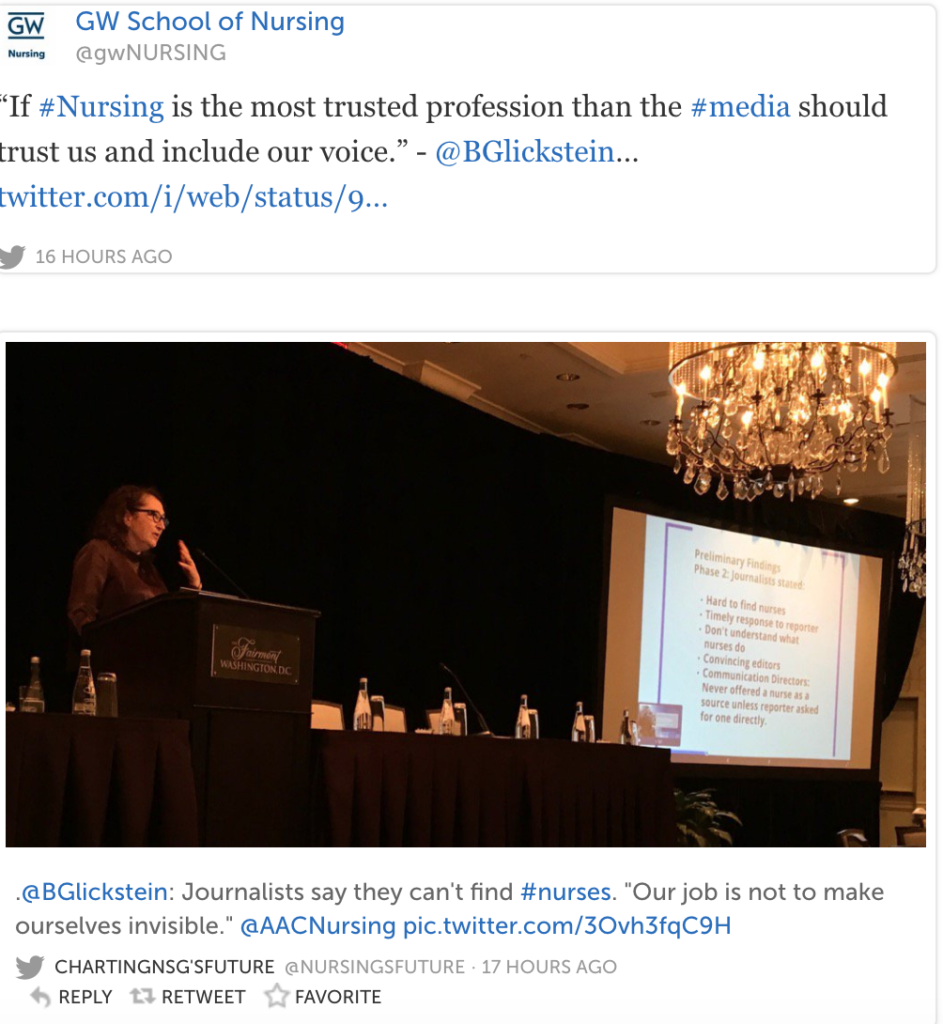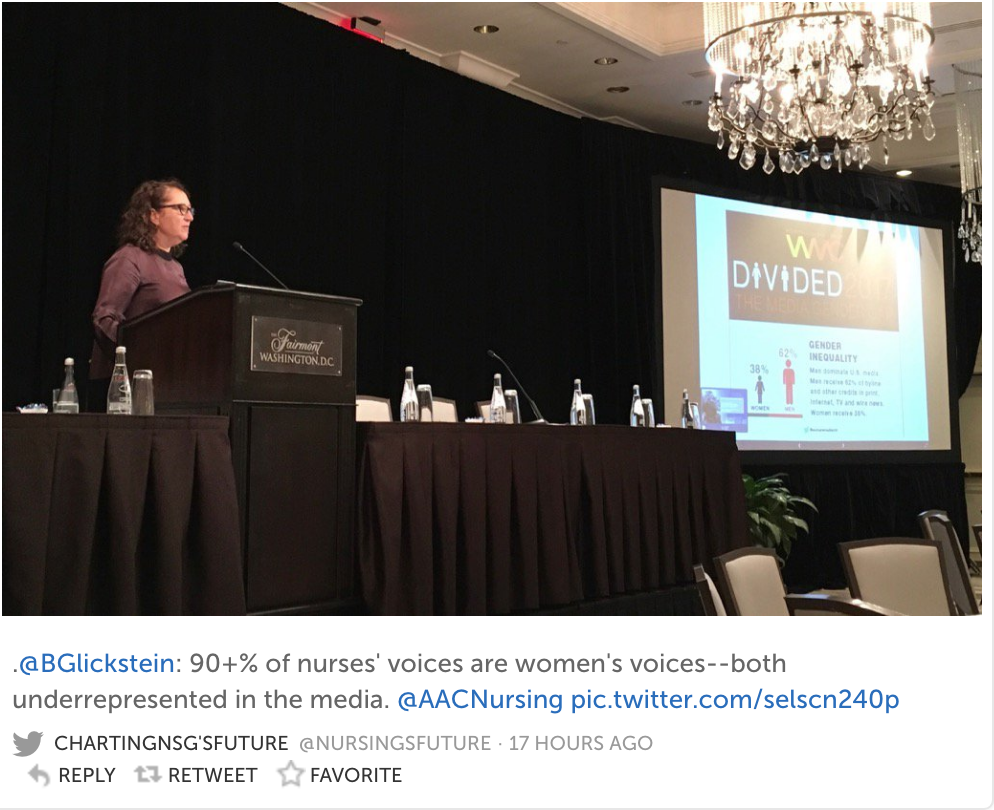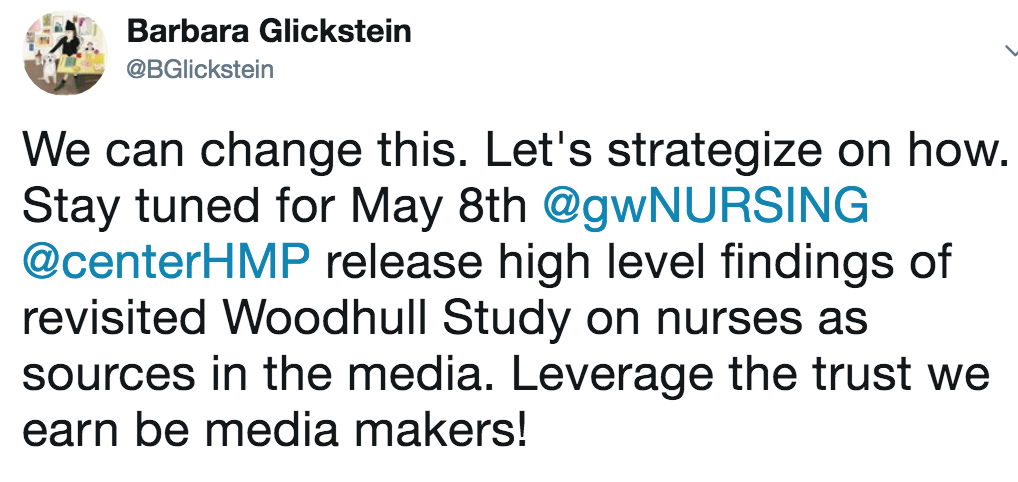Music Can Improve Mental Health
Music Therapy is the evidence-based use of music in clinical situations that help people reach desired health outcomes. There is evidence that music can alter brain chemistry and components of the immune system.
Music can help improve mental health by reducing certain symptoms of depression and by making people feel more in control. It can reduce stress, help sleep, and elevate mood. In many healthcare settings music is being used to complement treatments patients are receiving.
Senior Fellow & co-producer, Eve Adler interviews Lori Meono, Psy.D. in this HealthCetera segment. Dr. Meono has worked extensively looking at the integration of music and psychology with diverse groups and populations. She has provided psychological services at community counseling centers, homeless shelters, transitional living facilities for women and their children, and at several academic institutions in California.
You can listen here:
You can follow Eve Adler on Twitter @eveadler
Music Therapy is the evidence-based use of



